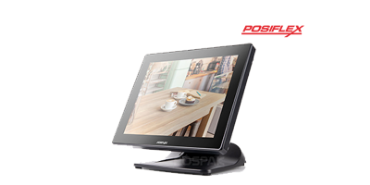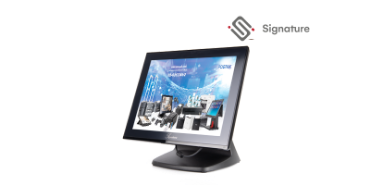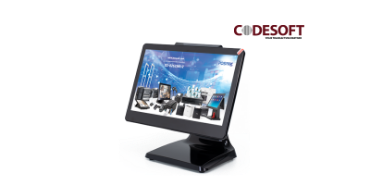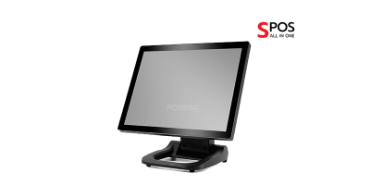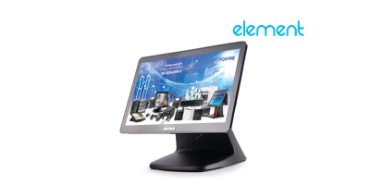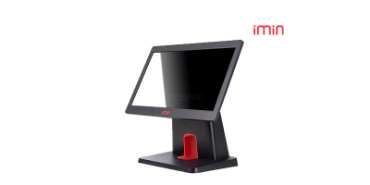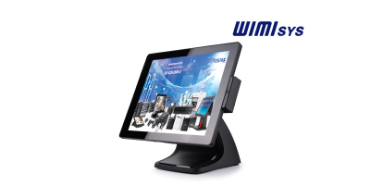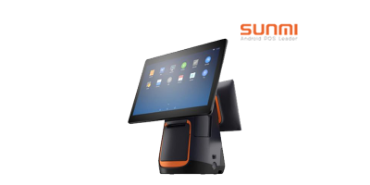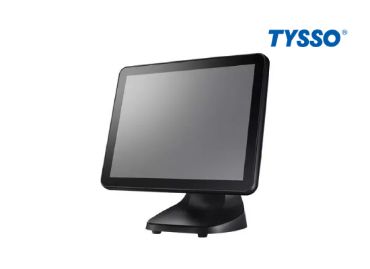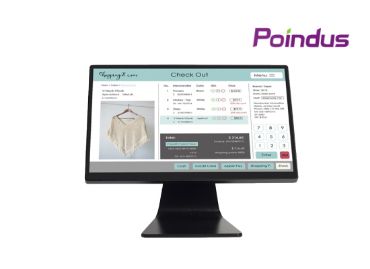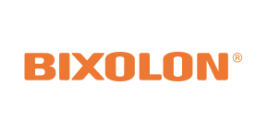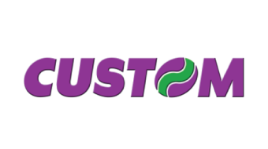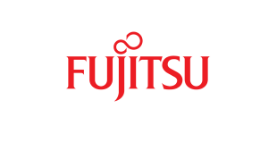POS By Brand
Selecting a POS System: A Comprehensive Guide
Choosing the right POS (Point of Sale) system for your business is crucial for streamlining operations and enhancing customer service. With a plethora of brands and features available, making an informed decision can be overwhelming. This guide will equip you with the knowledge and insights to select the POS system that perfectly aligns with your business needs.
Factors to Consider When Choosing a POS System:
Business Size:
Small Businesses: Consider a fixed or mobile POS system for its simplicity and affordability.
Large Businesses with Multiple Branches: Opt for a cloud-based POS system for real-time data access and centralized management.
Budget:
- POS systems range in price from a few thousand baht to tens of thousands. Allocate a budget that aligns with your business's financial capabilities.
Features:
- Evaluate the features offered by each POS system, ensuring they match your specific business requirements. Common features include inventory management, sales tracking, customer relationship management (CRM), and reporting capabilities.
Ease of Use:
- Choose a POS system with an intuitive interface that is easy for employees to learn and navigate, minimizing training time and maximizing efficiency.
After-Sales Support:
- Prioritize a POS provider that offers reliable and responsive after-sales support to address any technical issues or queries promptly.
Components of a POS System:
A typical POS system may include:
- Tablet or Computer: Serves as the central hub for POS operations.
- Barcode Scanner: Expedites product identification and checkout processes.
- Cash Drawer: Secures and manages cash transactions.
- Receipt Printer: Generates receipts for customers.
- Customer Display: Displays product information and pricing to customers.
Functions of a POS System:
A POS system plays a multifaceted role in managing business operations:
Records Sales Data: Captures detailed transaction information, including product sales, customer details, and payment methods.
Calculates Sales Totals: Generates accurate sales reports, providing insights into revenue and sales trends.
Manages Inventory: Tracks stock levels, enabling informed inventory management decisions and preventing stockouts.
Generates Receipts: Issues receipts for transactions, providing customers with proof of purchase and transaction details.
Analyzes Sales Data: Generates valuable sales reports, enabling businesses to identify trends, optimize pricing strategies, and make informed marketing decisions.
Integrates with Other Systems: Connects with accounting, CRM, and other business systems for seamless data flow and enhanced operational efficiency.
Benefits of Implementing a POS System:
Streamlined and Accurate Sales: POS systems expedite checkout processes, minimize errors, and ensure accurate sales tracking.
Efficient Inventory Management: Real-time inventory visibility empowers businesses to make informed purchasing decisions, prevent stockouts, and reduce inventory costs.
Data-Driven Business Decisions: POS systems generate valuable sales data, enabling businesses to identify trends, optimize operations, and make data-driven decisions.
Enhanced Customer Service: POS systems facilitate faster checkouts, improve customer satisfaction, and strengthen customer relationships.
Integration with Other Systems: POS systems integrate seamlessly with existing business systems, creating a unified and streamlined operational landscape.
Choosing the Right POS Provider:
With numerous POS providers in the market, careful evaluation is essential. Consider factors such as:
Reputation and Experience: Opt for a reputable provider with a proven track record and extensive experience in the industry.
Industry Expertise: Choose a provider that specializes in your industry and understands the unique needs of your business type.
Scalability: Ensure the POS system can accommodate your business's growth and adapt to changing needs.
Customer Support: Prioritize a provider that offers comprehensive and responsive customer support to assist you throughout your POS journey.
Conclusion:
Investing in the right POS system can revolutionize your business operations, enhancing efficiency, profitability, and customer satisfaction. By carefully considering the factors outlined in this guide, you can make an informed decision that empowers your business to thrive in the competitive marketplace.

































